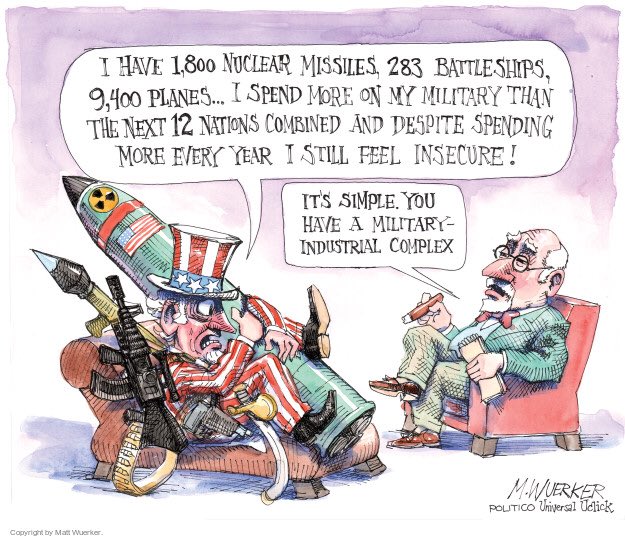For a long time the majority of posters on itulip have always believed in some modern version of "manifest destiny" when it comes to the US. The power to innovate, its business friendliness, its can do attitude and other such things destined it to the great powerhouse it is.
The US accumulation of capital (from continental Europe especially the UK) led to those above along with a continental sized single consumer market and practically free resources to its North, South and within. When you've accumulated capital - that's when you can afford innovation and failure. However if you export your manufacturing base overseas who is going to be doing the innovating?
For most of history, Asia has been the largest driver, innovator, producer and consumer and it's quite obvious that the last 200 years were the anomaly brought about by the West's ability to leverage the industrial revolution, finance and weapons innovation to dominate the RoW. When the UK tried to trade with the largest economy in the world at the time (China in the 1800s) the UK had nothing to offer except opium and forced them to smoke it at the barrel of a gun. It's taken them 200 years of cold turkey to recover.
Some still think the US will remain the dominant force despite Asia having the largest manufacturing base, higher savings rates, higher capital accumulation, and last but not least a larger potential internal market for goods. They will also point out that many thought the same about Japan in the 1980s. But Japan has no natural resources and didn't have a large enough internal market to ever challenge.
Another common belief is regression to the mean...well that's exactly what we are witnessing now. Look at a map of the world and where the highest concentrations of people live..that's where the market is and that's where investment and innovation will take place on an ever larger scale.
The US accumulation of capital (from continental Europe especially the UK) led to those above along with a continental sized single consumer market and practically free resources to its North, South and within. When you've accumulated capital - that's when you can afford innovation and failure. However if you export your manufacturing base overseas who is going to be doing the innovating?
For most of history, Asia has been the largest driver, innovator, producer and consumer and it's quite obvious that the last 200 years were the anomaly brought about by the West's ability to leverage the industrial revolution, finance and weapons innovation to dominate the RoW. When the UK tried to trade with the largest economy in the world at the time (China in the 1800s) the UK had nothing to offer except opium and forced them to smoke it at the barrel of a gun. It's taken them 200 years of cold turkey to recover.
Some still think the US will remain the dominant force despite Asia having the largest manufacturing base, higher savings rates, higher capital accumulation, and last but not least a larger potential internal market for goods. They will also point out that many thought the same about Japan in the 1980s. But Japan has no natural resources and didn't have a large enough internal market to ever challenge.
Another common belief is regression to the mean...well that's exactly what we are witnessing now. Look at a map of the world and where the highest concentrations of people live..that's where the market is and that's where investment and innovation will take place on an ever larger scale.

Comment